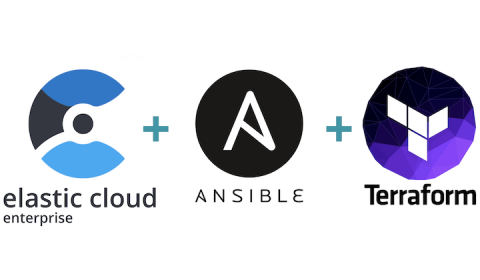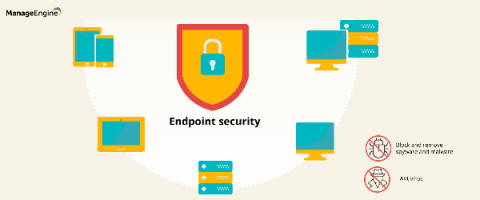WHAT'S NEW Pandora FMS 743
In Pandora FMS, we keep on working and that is why, despite the holidays, we’re launching a new release full of news. In this update 743, we have completely transformed usability in visual console editing. In addition, the Satellite Server buffer and the collection size in the Metaconsole have been optimized, among other developments.











